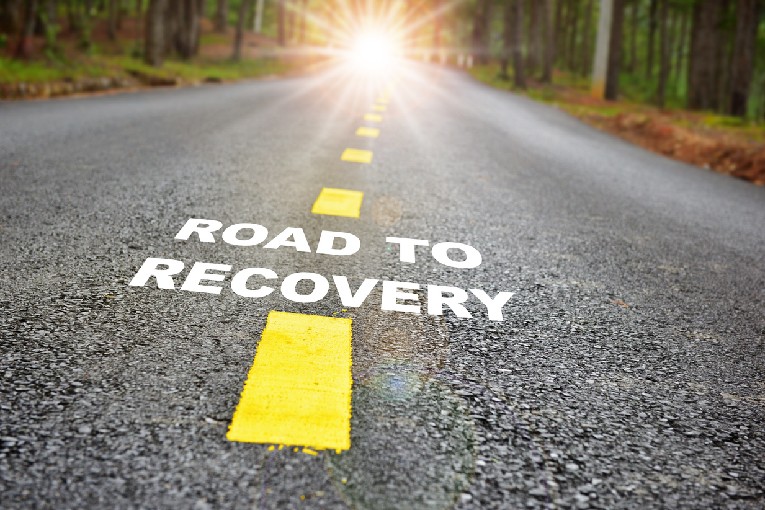Show content
Methamphetamine addiction is a serious matter. Not only is it dangerous, but it can also be devastating for everyone involved. The best way to recover from an addiction to meth is to seek help from a professional. In this post, we’ll take a look at the different stages of meth recovery and what you can do to stay on the right path. We’ll talk about the importance of developing healthy coping mechanisms, as well as the methods used to help individuals who are struggling with meth addiction. We’ll also discuss the importance of having a support system in place to help people through their recovery journey. With the right strategy and help, anyone can overcome an addiction to meth and lead a life of sobriety.
What are Meth Addiction and Recovery?
Methamphetamine, commonly known as meth, is a stimulant drug that activates the central nervous system. It can be ingested through smoking, snorting, or injecting. Meth often comes in powder or crystal form and is illegally manufactured using a variety of toxic chemicals that can cause long-lasting physical harm. Meth addiction is when an individual develops a physical and psychological dependence on using meth despite the negative consequences of their use. Recovery from meth addiction is the process of overcoming this dependence in order to live a healthier life.
Early and Immediate Stages of Meth Recovery
The first step to meth recovery is detoxification from the drug. This process typically involves withdrawal symptoms such as insomnia, cravings for the drug, anxiety, depression, irritability, mood swings, and restlessness. The best way to safely manage these symptoms is by finding an appropriate treatment program in a qualified rehabilitation center. A medically supervised detox program can provide individuals with medications used to reduce withdrawal symptoms as well as counseling to address any underlying mental health issues.
Long-Term Stages of Meth Recovery
The next stage of meth recovery focuses on developing new healthy skills to manage triggers and cravings for the drug. This typically involves attending support groups such as 12-step programs or other peer support networks that provide accountability and relapse prevention strategies. Developing sober relationships with peers who also value sobriety is also important. Working through an individualized rehabilitation program with an experienced counselor can also help people build new coping skills for managing stress without resorting to drug use.
Continuing Care and Ongoing Support in Meth Recovery
When transitioning into life after rehab, individuals should develop plans for continuing care which includes developing effective coping skills for managing triggers and stressors associated with relapse or cravings. Creating an individualized plan might include regular check-ins with mental health providers or attending local support networks such as 12-step meetings or church services that promote sobriety maintenance. Additionally, developing healthy lifestyle habits such as regular exercise, proper nutrition, adequate sleep, time management strategies, and building positive relationships can help reinforce sober living on an ongoing basis.
Family Involvement in Meth Recovery
The effects of meth addiction on family dynamics can be significant and often requires professional therapeutic intervention for the successful resolution of issues. Family therapy can help families address communication difficulties and unresolved conflicts that might have contributed to the individual’s substance abuse disorder in the first place. Support groups like Al-Anon are designed specifically for family members affected by someone else’s addiction providing mutual support from others who have gone through similar experiences as well as helpful advice on how to best support their loved one’s journey towards long-term sobriety. Principles of family recovery involve maintaining healthy boundaries while providing unconditional love and trust throughout this difficult process.
Addiction Recovery and Addiction Prevention
Addiction prevention focuses on ways to reduce risk factors associated with substance abuse such as peer pressure, lack of education about potential risks, or access to drugs or alcohol at an earlier age. Prevention programs may include community outreach events such as lectures or seminars on substance abuse topics or partnerships with schools to implement student drug testing programs to raise awareness of potential risks associated with drug use among young people in order to prevent first use from occurring if possible.
In addition to these prevention efforts methods for reducing the risk of relapse should also be employed including working closely with professional mental health providers who specialize in addiction recovery such as cognitive behavioral therapists for ongoing treatment if needed after detoxification has been completed successfully. In conclusion, meth recovery requires a comprehensive approach that addresses both short-term goals such as managing withdrawal symptoms during detoxification, and longer-term strategies such as pursuing continued care through support groups or therapy sessions for relapse prevention along with additional strategies for lowering risks associated with first use among young people in order to create a successful overall plan for long-term sobriety.
With appropriate resources, guidance, and support throughout each stage of recovery, individuals can achieve lasting success in their journey toward better health and well-being. Recovering from an addiction to meth is no easy task, but it is possible with the right resources, help, and support. Knowing the stages of meth recovery can help an individual plan for a successful journey of sobriety and set achievable goals on the way. It is important to remember that the recovery process is unique to each individual, however, there are key steps that need to be taken such as enrolling in a treatment program, developing effective coping mechanisms, building strong support systems, and maintaining family involvement throughout. It is also important to focus on addiction prevention and risk reduction strategies to reduce the likelihood of relapse and first use in the future. With the right plan and help, anyone can overcome an addiction to meth and lead a successful, sober life.

